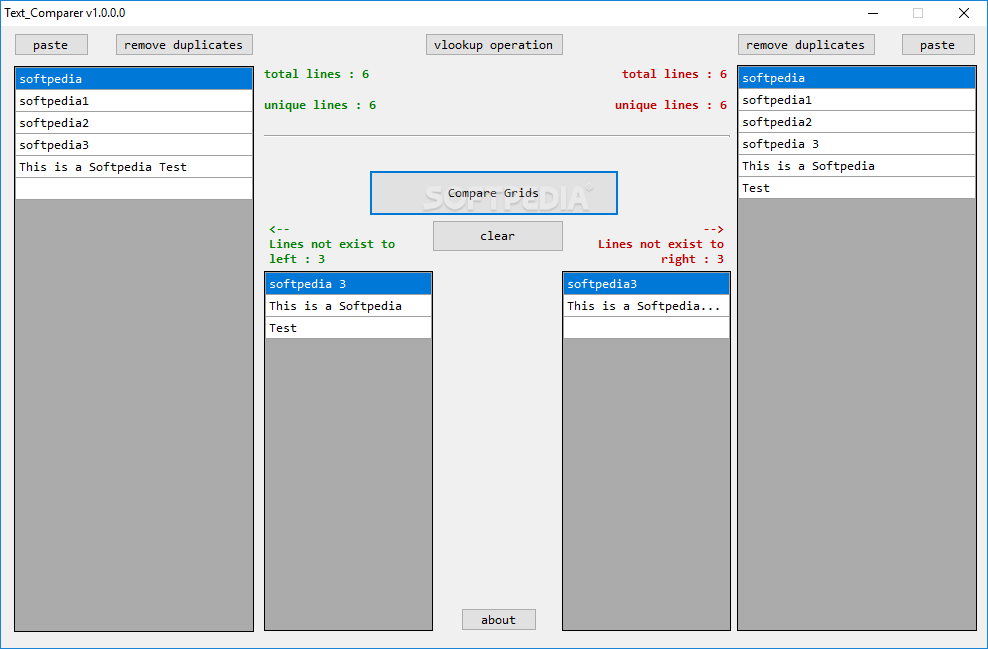
Two small pilot studies of psilocybin-assisted psychotherapy also have shown positive benefit in treating both alcohol and nicotine addiction. Recent and exciting developments in the field have occurred in clinical research, where several double-blind placebo-controlled phase 2 studies of psilocybin-assisted psychotherapy in patients with cancer-related psychosocial distress have demonstrated unprecedented positive relief of anxiety and depression.

Several useful rodent models have been developed over the years to help unravel the neurochemical correlates of serotonin 5-hydroxytryptamine 2A receptor activation in the brain, and a variety of imaging techniques have been employed to identify key brain areas that are directly affected by psychedelics. Today there is a consensus that psychedelics are agonists or partial agonists at brain serotonin 5-hydroxytryptamine 2A receptors, with particular importance on those expressed on apical dendrites of neocortical pyramidal cells in layer V.

After the virtually contemporaneous discovery of (5 R,8 R)-(+)-lysergic acid- N,N-diethylamide (LSD)-25 and the identification of serotonin in the brain, early research focused intensively on the possibility that LSD and other psychedelics had a serotonergic basis for their action. Their origin predates written history, and they were employed by early cultures in many sociocultural and ritual contexts.

They are generally considered physiologically safe and do not lead to dependence or addiction. Psychedelics (serotonergic hallucinogens) are powerful psychoactive substances that alter perception and mood and affect numerous cognitive processes.


 0 kommentar(er)
0 kommentar(er)
